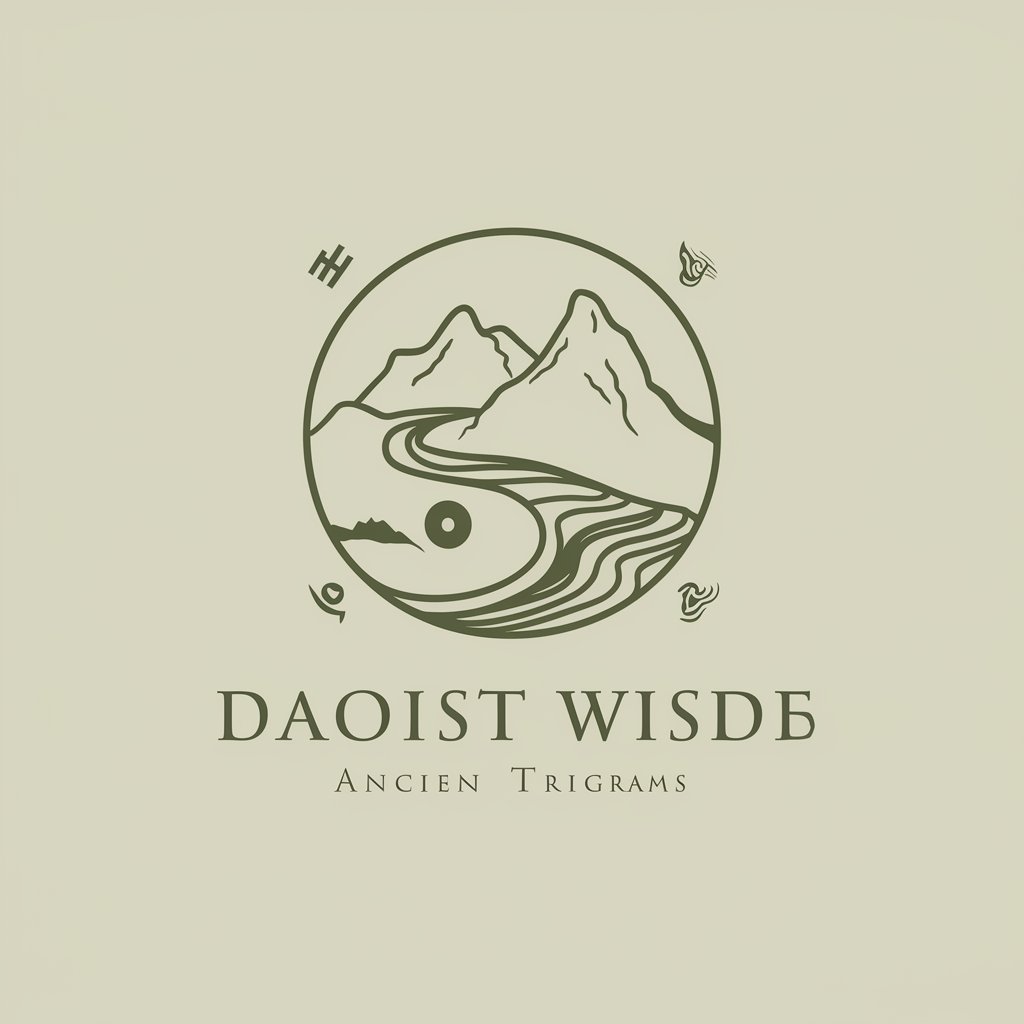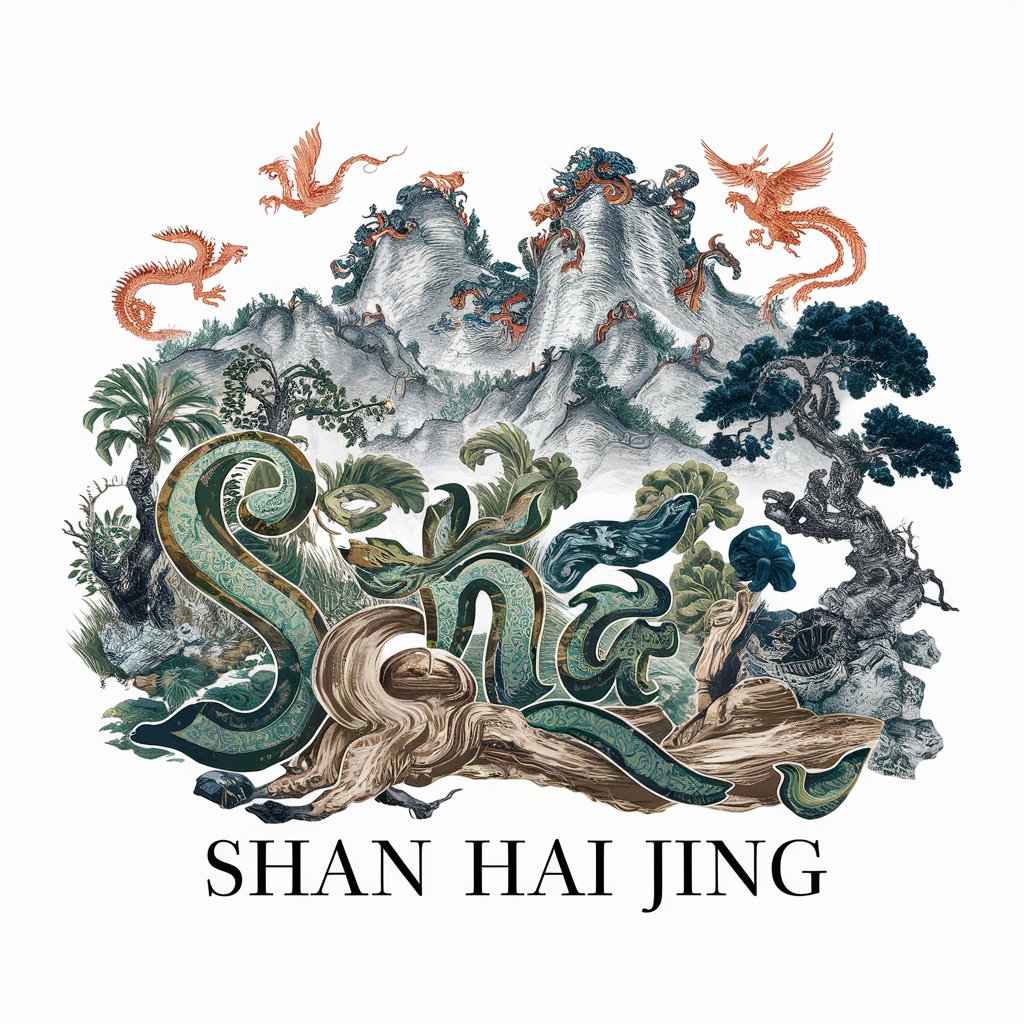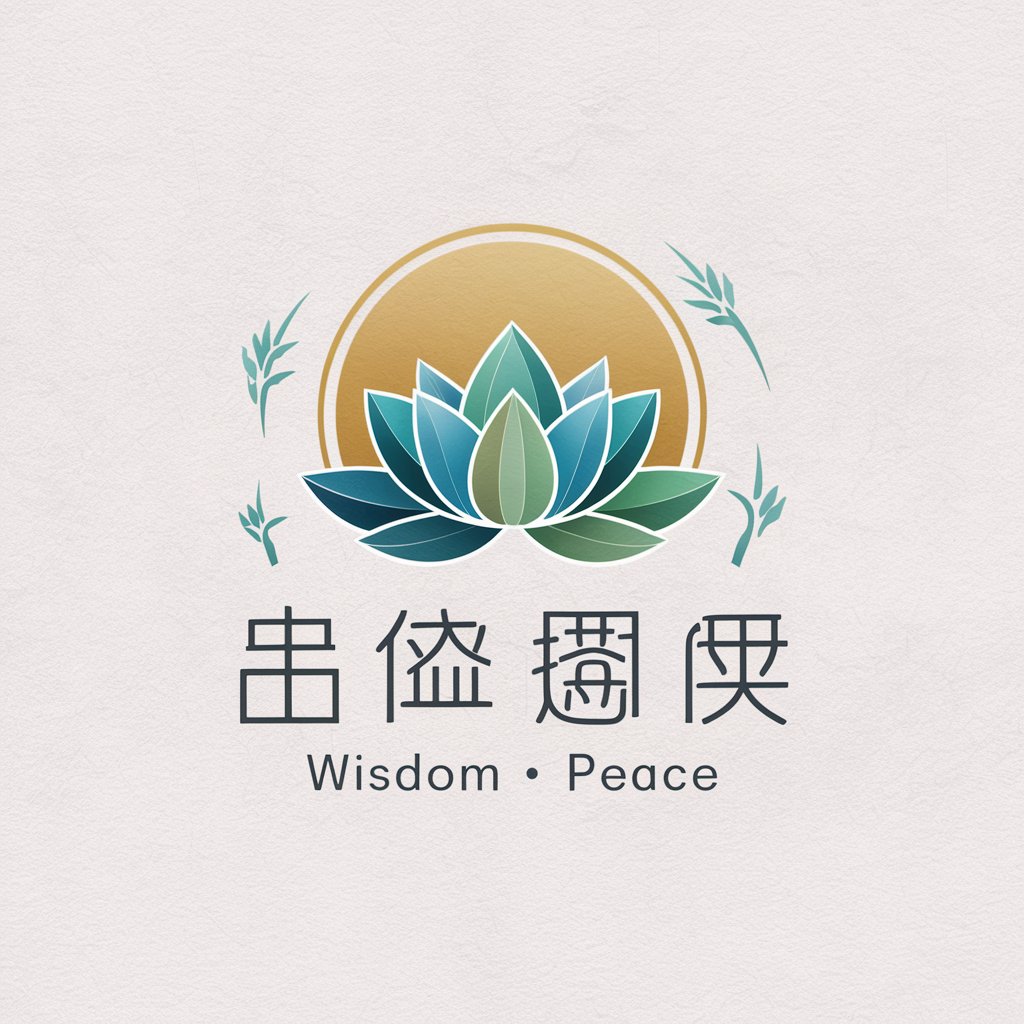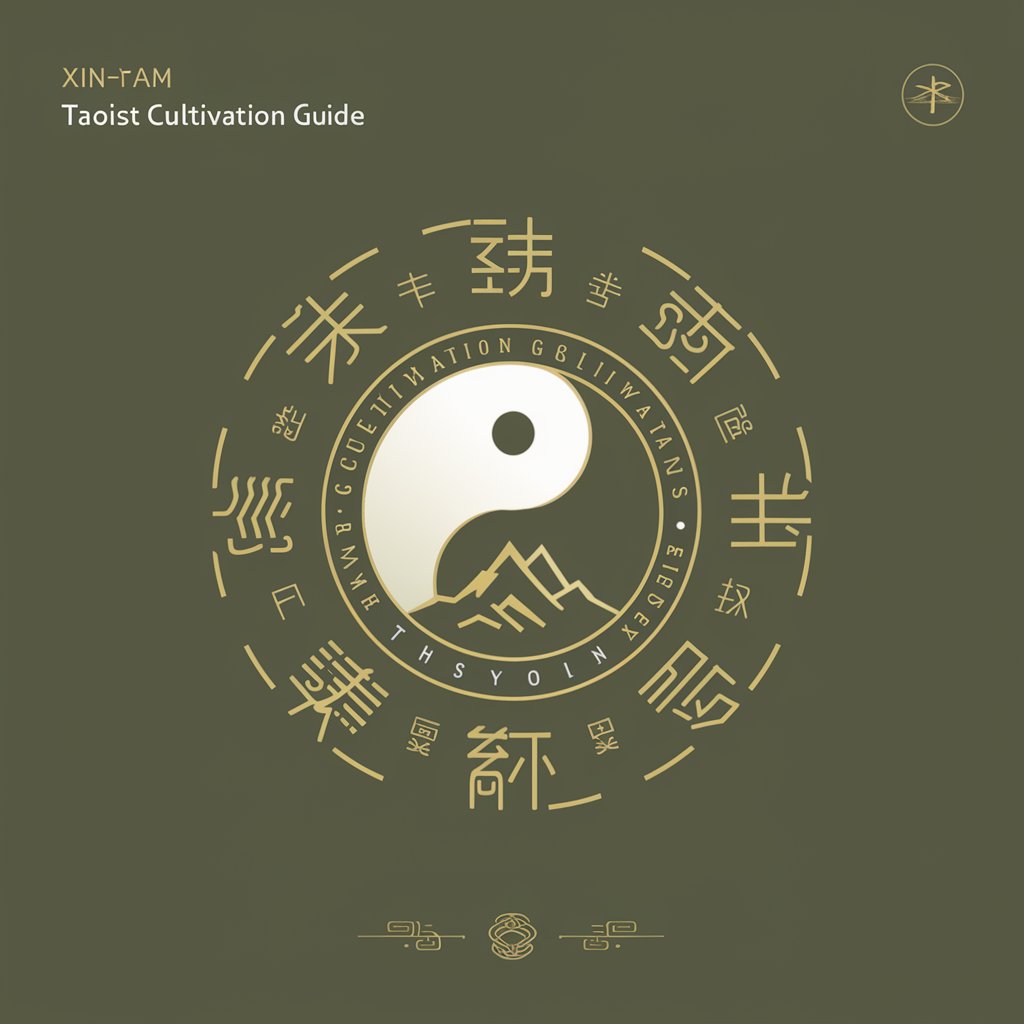
Mazu Belief and Customs - Mazu Worship Exploration
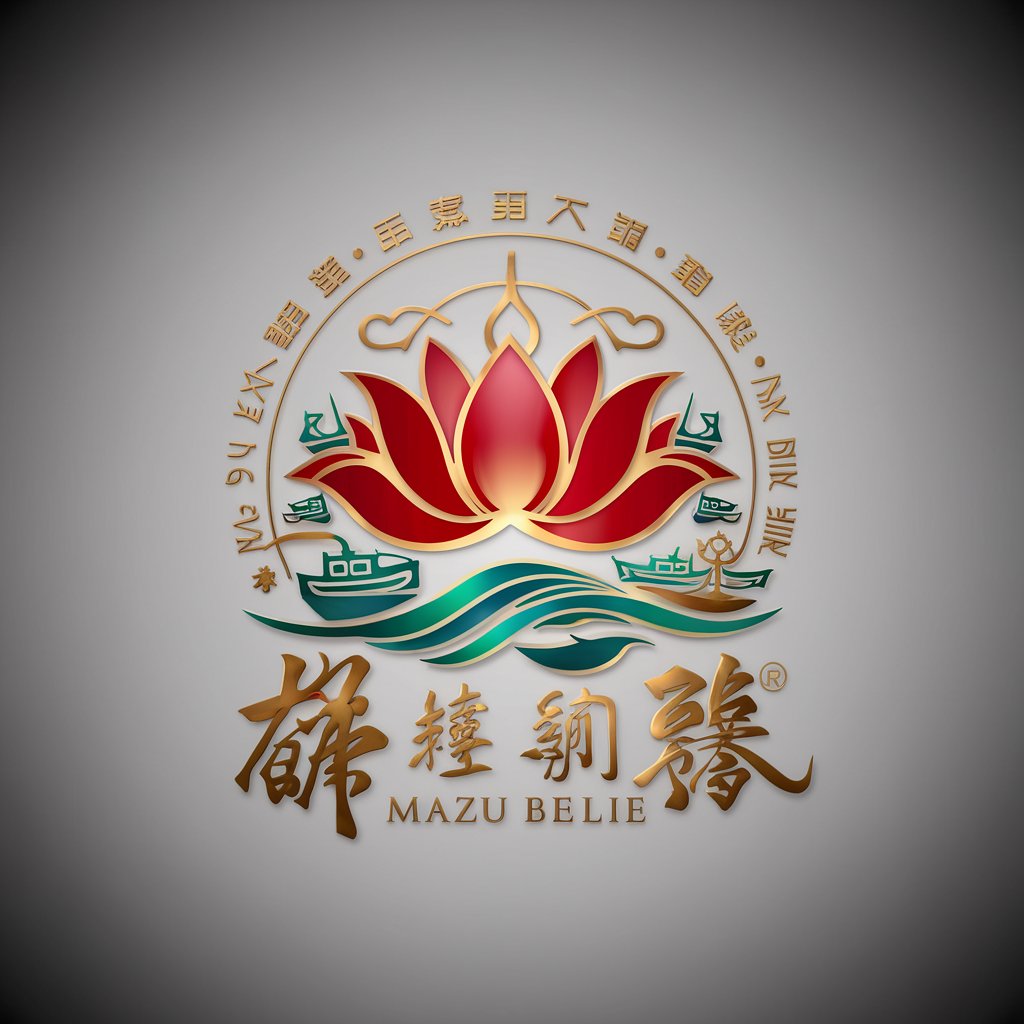
Welcome! Learn all about Mazu belief and customs here.
Explore Mazu's Legacy with AI
Explain the historical origins of Mazu belief and customs.
Describe the main festivals and rituals associated with Mazu worship.
What are the key characteristics of Mazu temples and their architectural style?
Provide resources for learning more about Mazu belief and customs.
Get Embed Code
Overview of Mazu Belief and Customs
Mazu Belief and Customs focuses on the rich cultural heritage surrounding Mazu, a sea goddess revered primarily among Chinese coastal communities. Historically originating from the Fujian province of China, Mazu is considered the protector of seafarers, such as fishermen and sailors. The belief system includes a variety of customs, temple rituals, and community festivals. Mazu temples are cultural hubs where rituals are performed to seek blessings and protection. An example of these customs is the annual Mazu pilgrimage, where devotees carry the statue of Mazu on a palanquin across different villages and towns, seeking her blessings and connecting communities. Powered by ChatGPT-4o。

Core Functions of Mazu Belief and Customs
Cultural Preservation
Example
Documentation of rituals and festivals
Scenario
Mazu Belief and Customs acts as a repository for detailed descriptions and analyses of various ceremonies and rituals, such as the blessing of the fishing fleets and the celebration of Mazu's birthday. This function supports efforts to preserve these intangible cultural elements by providing accessible, authoritative information.
Educational Outreach
Example
Providing learning resources about Mazu's history and impact
Scenario
This service offers educational materials for schools and cultural studies programs, including detailed articles and multimedia content on the history of Mazu, the architectural style of Mazu temples, and the role of Mazu in modern society. These resources aid in incorporating Mazu studies into broader educational curriculums.
Community Engagement
Example
Organization of cultural exchange programs
Scenario
Mazu Belief and Customs facilitates cultural exchanges and discussions through conferences and seminars that bring together scholars, practitioners, and enthusiasts. These events serve as platforms for sharing research findings, discussing contemporary issues related to the belief, and fostering global networks among communities that venerate Mazu.
Target User Groups of Mazu Belief and Customs Services
Scholars and Researchers
Academics focusing on religious studies, anthropology, or cultural heritage who require comprehensive, reliable data on Mazu practices for their scholarly work. They benefit from detailed articles, historical data, and case studies provided, enhancing their research and teaching materials.
Cultural Practitioners
Priests, temple managers, and festival organizers involved in Mazu worship who need resources to aid in ritual preparation, festival coordination, and community outreach. They utilize the service to access ritual guidelines, festival calendars, and community stories.
General Public Interested in Cultural Heritage
Individuals curious about Chinese cultural practices, particularly those involving traditional beliefs and rituals. They use the service to explore the rich cultural context of Mazu, gaining insights into her significance in Chinese culture and how these traditions are kept alive in contemporary society.

Using Mazu Belief and Customs
Start with a Trial
Begin by accessing a free trial at yeschat.ai, where you can use the Mazu Belief and Customs tool without any need to log in or subscribe to ChatGPT Plus.
Explore Key Features
Navigate through the tool to explore its various features such as detailed Q&A, visualization aids, and historical insights about Mazu belief and customs.
Utilize Learning Resources
Make use of the integrated learning resources to deepen your understanding of Mazu's history, rituals, and cultural significance.
Interactive Queries
Engage with the tool through interactive queries to learn about specific practices, festivals, and stories related to Mazu.
Seek Community Insights
Join discussions or forums suggested by the tool to connect with others interested in Mazu, fostering a deeper community understanding.
Try other advanced and practical GPTs
Belief Architect
Empower Decisions with AI Insights

FigmaTo React Code Expert
Transform Figma designs into React code effortlessly.

React Wizard
Empowering React development with AI.

GPT Reach 🌎 Explore and learn multiple new topics
Discover the World, One Topic at a Time

React Code Mentor
AI-powered React Development Mentor

Global Reach Translator
Translate smartly with AI power

Belief Explorer
Reflect, Understand, Grow with AI

Faith, Re-framed: Faith vs. Belief
Navigating the depths of faith with AI
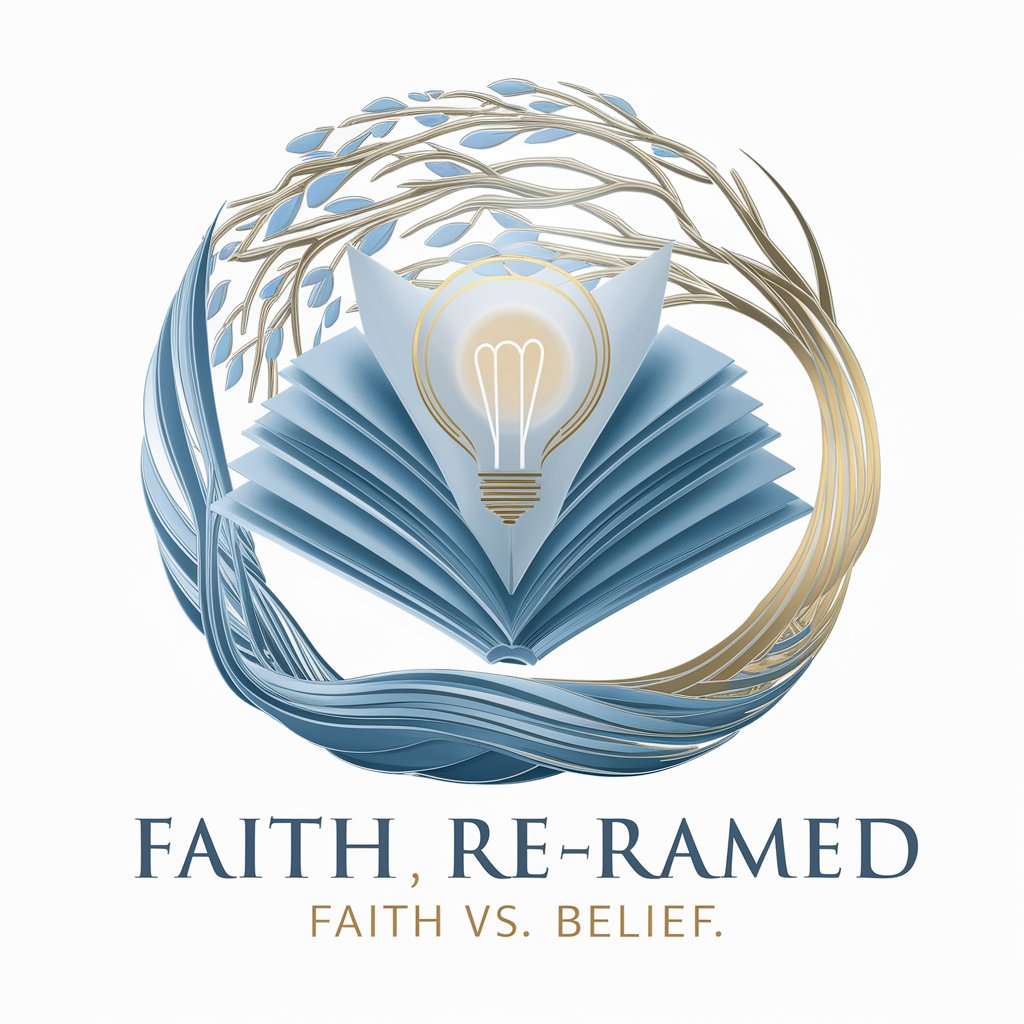
Sleight of Mouth Normalized Belief Structure
Transform beliefs with AI-powered reframing
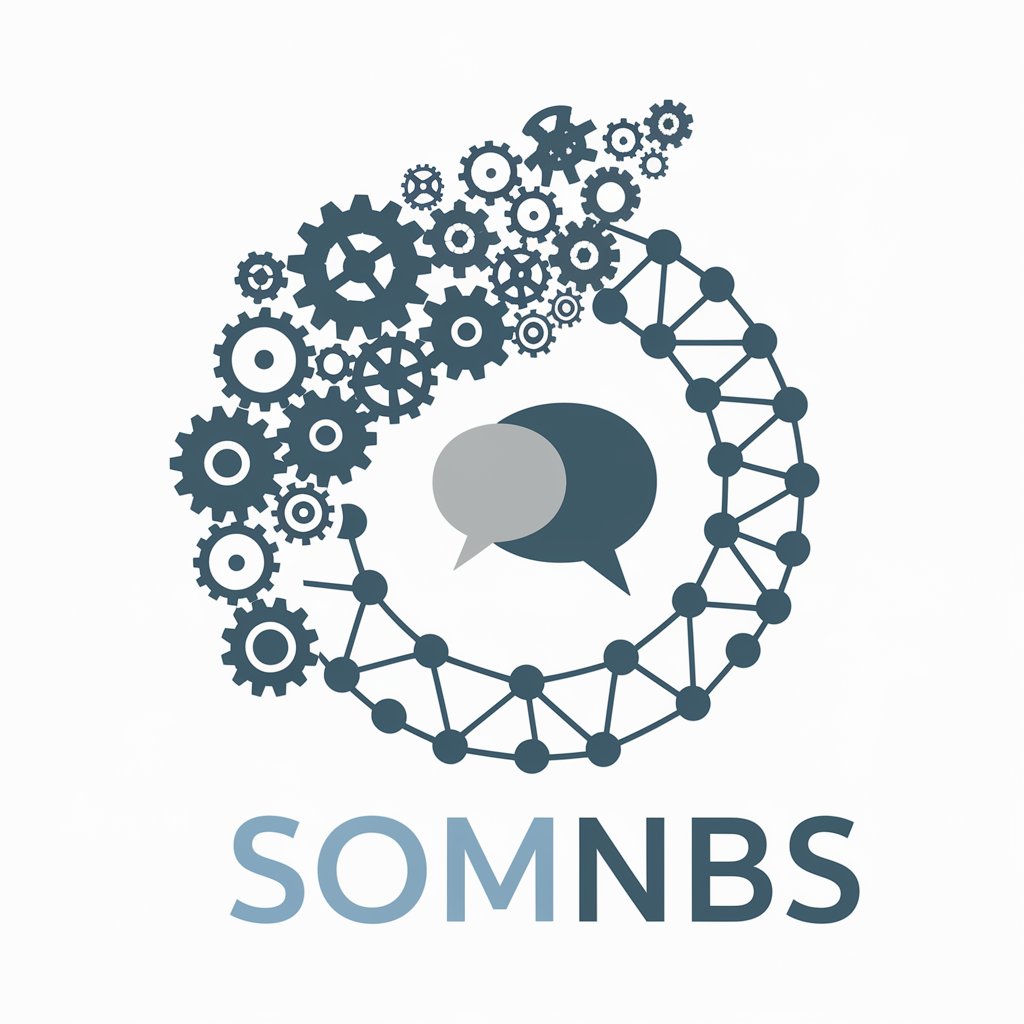
Belief Changer
Transform your beliefs with AI-powered insights

Belief Architect
Transforming beliefs, unleashing potential.

Mom Advice
AI-Powered Motherly Wisdom

Mazu Belief and Customs Q&A
What is Mazu Belief and Customs?
Mazu Belief and Customs revolves around the veneration of Mazu, a sea goddess in Chinese folklore, focusing on rituals, festivals, and cultural practices that honor her.
How can I learn about Mazu rituals?
Use the tool to access detailed articles, videos, and community insights focusing on various rituals, including temple ceremonies and annual celebrations.
What festivals are associated with Mazu?
Significant festivals include the Mazu Birthday Festival and the Mazu Pilgrimage, each rich with processions, offerings, and community gatherings.
Can this tool help with academic research?
Absolutely, it provides historical data, scholarly articles, and sources about Mazu, suitable for academic research and study.
Are there visual resources available?
Yes, the tool includes galleries of Mazu imagery, depictions in art, and other visual aids to enhance your understanding of the goddess and her cultural impact.
